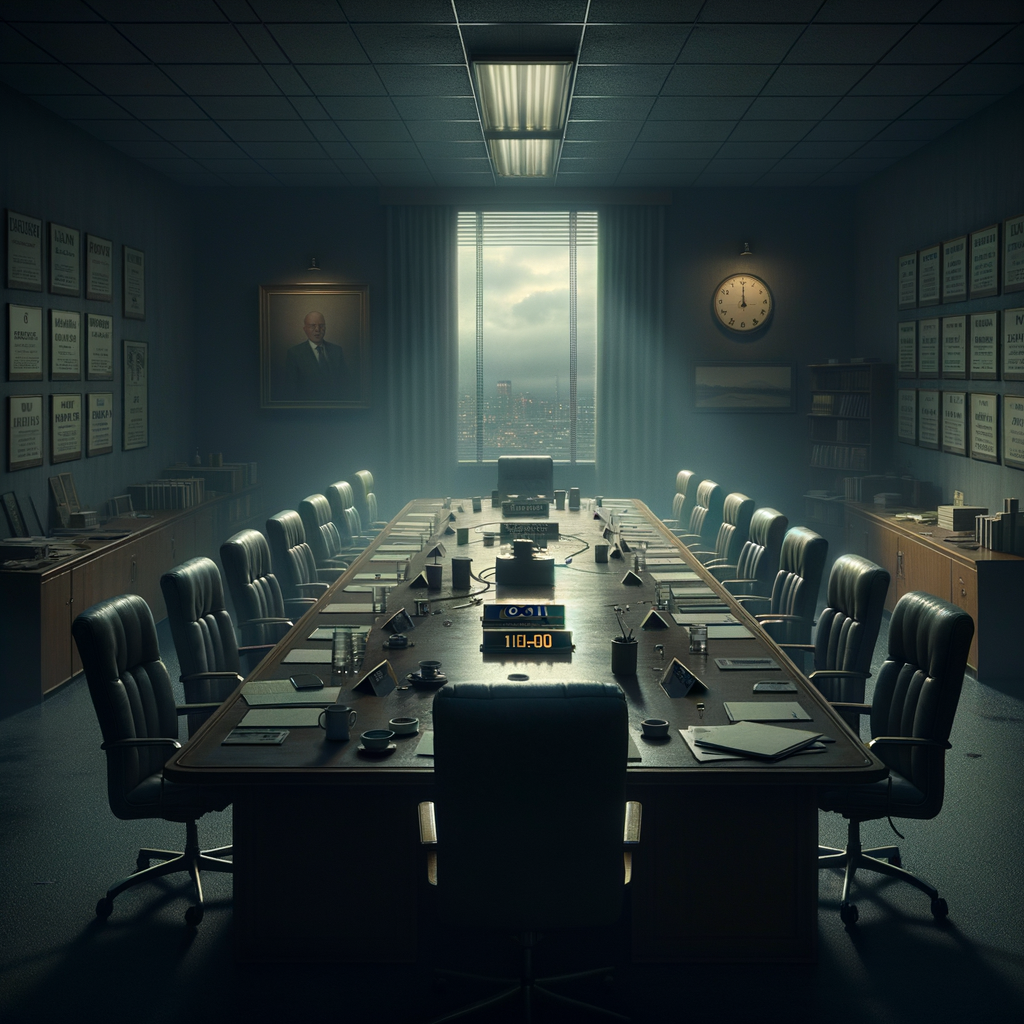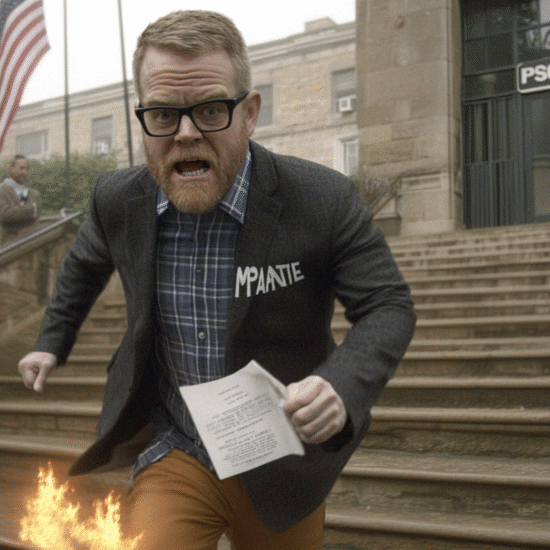Did Superior’s Tourism Commission Violate the Law?
The short answer? Yes. On January 3rd, Superior’s Tourism Development Commission broke Wisconsin’s open meetings law, as confirmed by District Attorney Mark Fruehauf. Former commissioner Bruce Barron filed three complaints after seeing the commission’s practices slide from the standards he remembered.
Let’s dig into what went wrong and why the public has reason to be concerned.
The Allegations: Barron’s “Disappearing Transparency”
Barron resigned in 2022, but his commitment to public accountability didn’t stop there. He noticed troubling practices: agendas posted just hours before meetings, inadequate access to meeting records, and questionable handling of virtual attendance. So, he took action, filing complaints that shined a light on the commission’s failures.
Barron’s point? This wasn’t just a lapse; it was a breach of public trust.
DA Fruehauf Steps In… But Stops Short
Fruehauf confirmed the violation: the commission posted the agenda just 4½ hours before the January 3rd meeting—a clear breach of the 24-hour notice rule. Even with that shortened notice, the commission approved substantial contracts, including nearly $94,000 for the Veterans Historical Center.
But Fruehauf stopped short of imposing penalties. Instead, he accepted the city’s promises to improve. For those who’ve watched this process before, it sounds like the usual “we’ll do better next time” routine.
Delayed Records, and the Public Left Out
Here’s where things get interesting. Barron requested the meeting documents be posted online, but the city only provided them in print, and after a delay. Fruehauf suggested this delay may have been more than just a slow response, hinting that it could’ve been intentional obstruction.
Barron wasn’t satisfied. Delays in access to public records? That’s not a small thing—it’s a major accountability gap.
January 17th: Another Closed Door?
Then came the January 17th meeting, where Barron and former commissioner Steven Poole couldn’t access the session virtually. While virtual access isn’t required by state law, the pandemic set a new expectation for transparency. Fruehauf defended the commission’s choice, but the public has a right to wonder: is the commission taking advantage of a technicality to dodge real transparency?
Why Did Graskey Cut the Broadcast?
Councilor Lindsey Graskey didn’t help ease concerns. After the January 17th meeting adjourned, she ended the broadcast, even though the commission was still discussing Poole’s resignation. Fruehauf noted this, implying that cutting off public access to ongoing discussions was intentional.
When elected officials turn off the cameras mid-discussion, it raises a question: What are they trying to hide?
The City’s Next Steps: Promises or Real Accountability?
Fruehauf said he wouldn’t pursue penalties, citing corrective steps taken by the city. Promises of annual open meetings training are nice, but are they enough? For those who’ve seen how the system works, it feels like the city’s opting for a “retraining” over real consequences.
For citizens, these promises are easy to make but harder to keep. Without accountability, what prevents this from happening again?
Is Trust Being Restored, or Just Patched Over?
Barron voiced optimism that the city could learn from this, but he wasn’t naive. He knows accountability is never comfortable, but he also knows it’s necessary. Superior’s leaders may say they understand the public’s right to know, but it’s up to the people to keep them honest.
In small-town government, transparency is fragile. And if you’re a citizen of Superior, now is the time to watch your leaders closely.
Sourced : The Evening Telegram
Justice : Retraining



